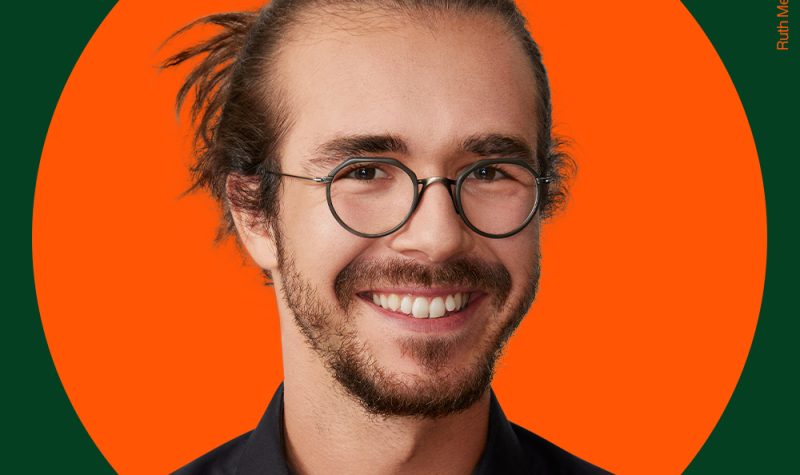The Quebec provincial election is quickly making its way around the corner with voting day taking place on Monday, October 3.
According to the Élections Quebec website, there are ten candidates running in the Brome-Missisquoi region for this year’s election.
These candidates are: Isabelle Charest (Coalition avenir Québec), Pierre Fontaine (Démocratie directe), Sébastien Houle (Indépendant), Alexandre Legault (Québec solidaire), Lynn Moore (Canadian Party of Québec), Caitlin Moynan (Green Party), Guillaume Paquet (Parti québécois), Stéphanie Prévost (Parti conservateur du Québec), Tommy Quirion-Bouchard (Climat Québec), and Claude Vadeboncoeur (Quebec Liberal Party).
For the next week and half, CIDI 99.1 FM is sitting down with candidates who will speak on their political platform and the issues they plan to address in the Brome-Missisquoi riding and at the provincial level.
We had the chance to speak with Quebec Solidaire (QS) candidate Alexandre Legault, who has some experience in politics after running in the 2018 provincial election.
“I mainly ran back then so that we would start to do something about the environmental crisis, our social services, our health care system, our schools that were kinda of deteriorating back then and still are today, it’s getting worse,” said Legault. “In 2022, I’m coming back and I want to keep working on this.”
Legault emphasized his focus on addressing the environmental crisis.
“What the science tells us, is that we have until 2030 to make big adjustments to how we basically do everything in our society. We have to reduce our green house gases to 55% for 2030 and that’s in eight years from now,” explained Legault. “(…) Quebec Solidaire is the party that has a plan, that has been reviewed by independent experts, and everyone has agreed that this plan will allow us to get to our objectives.”
In Brome-Missiqsuoi, Legault said that it’s a priority for him to invest in rural public transportation systems, something he has already started doing with spontaneous ride-sharing initiative Project Caravane, to develop food sovereignty, and to protect the waterways.
“To bring food a sovereignty in Quebec and Brome-Missisquoi, to be able to produce the food that we eat, and not to depend on countries around the world that will be facing major environmental and climate change related catastrophes in the next decade,” mentioned Legault.
At the provincial level, Legault noted that for him, it all comes back to taking the environment into consideration.
“It’s the issue of the century. Everything that we have to make a move on in the coming years has to be evaluated in regards to the ecological impacts of what we are doing, will this be sustainable for our future, for the next generations, and younger people right now,” he explained. “(…) Everything we are developing for our schools, for our hospitals, for our health care system, has to be considered in that regard.”
He added that the health care system and education system is are also major concerns for him.
“We have met with nurses here at the BMP Hospital and the union as well. It’s getting worse. People are going to work in private agencies because conditions for the workers are just not there anymore, they aren’t having fun, and they’re being overworked,” said Legault. “(…) QS really wants to reinvest in those systems to make sure that our teachers, our nurses, that everyone is happy to do their job and can do their job properly.”
Legault’s planned initiatives include investing in the CLSCs and developing healthcare line 811.
“We really believe that they (CLSCs) are the frontline. We want to put more resources into them, as they used to, so that when people have minor emergencies that’s where they can turn to. They don’t have to go to the hospital and wait overnight for I don’t know how many hours,” noted Legault.
In terms of Bill 96, Legault explained that QS did vote in favour of the bill to reinforce the protection of the French language, but that the party would repeal certain elements of the bill, including the 6-month clause for immigrants to learn French.
“I don’t do politics to do identity politics and to divide people on national identity and language, that’s pretty much a waste of time and not an honest way to do politics,” he said. “(…) We want to do politics that are very inclusive, I personally believe, and that’s how we think at QS, we believe in an inclusive society. This diversity, the English speaking people in Brome-Missisquoi and everywhere else in Quebec, immigrants, any cultural community, has something to bring to Quebec.”
Listen to the full interview below:


